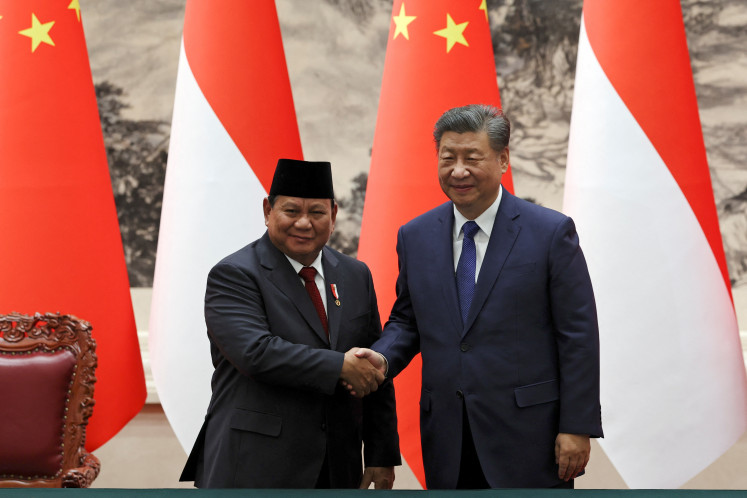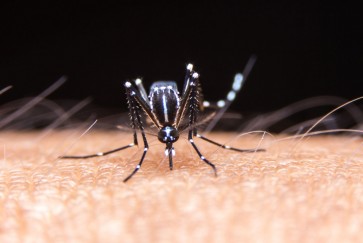Popular Reads
Top Results
Can't find what you're looking for?
View all search resultsPopular Reads
Top Results
Can't find what you're looking for?
View all search resultsPreparing for climate change effect on Southeast Asia epidemics
The risks of dengue and Zika are therefore higher today across broader areas and populations.
Change text size
Gift Premium Articles
to Anyone
J
une 15 marked ASEAN Dengue Day. As countries started realizing that strengthening regional cooperation was critical to addressing the tropical disease endemic in many ASEAN member states, the initiative began with the Jakarta Call for Action on the Control and Prevention of Dengue in 2011.
Countries in the region have put in place some measures to fight dengue.
However, climate change may pose a bigger challenge. Recent studies increasingly show a correlation between the effects of climate change on rising temperatures and precipitation and the expanding breeding ground for the Aedes aegypti mosquito species, the primary vector responsible for transmitting dengue and the Zika virus — which was blamed on infants born with microcephaly, or comparatively small heads, mostly reported in Latin America in recent years.
The risks of dengue and Zika are therefore higher today across broader areas and populations. Given the visible impacts of climate change on the environment, Southeast Asian nations need to adapt specific strategies for climate-sensitive diseases.
The threat posed by the increasing range of the Aedes mosquito along with the rising risks of dengue and Zika is not the only health concern brought about by the changing climate. Rising temperatures, extreme weather, increasing carbon dioxide levels and frequency of floods and drought affect environmental determinants of health.
Thus, other vector-borne diseases such as malaria and water-borne diseases such as cholera and diarrhea are predicted to worsen, too.
Although further scientific research is still needed to establish stronger causal relations between climate change and climatesensitive diseases, the World Health Organization (WHO) proposed a regional framework in 2007 to raise awareness of climate change’s impact on health, strengthen health systems, and encourage climate change mitigation efforts in other sectors.


















